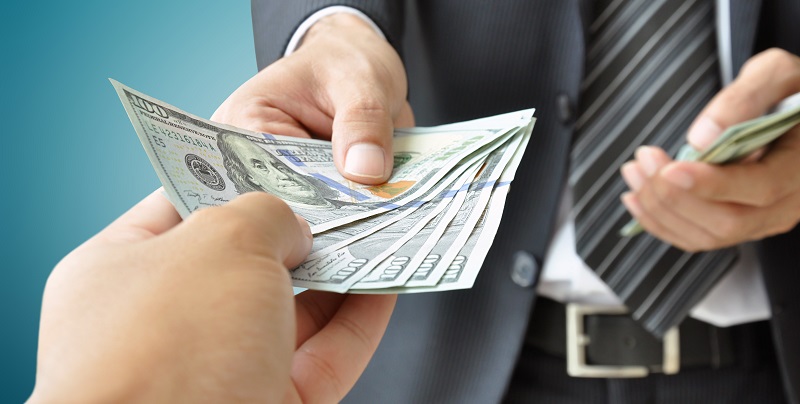Imagine you’ve exchanged your gains into a particular replacement property using the 1031 provision, and then you decide to sell that property at a later date after it has increased in value. In this scenario, do you have to pay the gain on the current appreciation, or do you have to pay the gains that have built up over all of the previous exchanges?
In this situation, you have to pay the gains on the entire history of the exchanges. Unlike the principal residence exclusion, in a 1031 exchange you’re merely deferring the gain from property to property. This is why many taxpayers who do one like-kind exchange, choose to continue to defer their gains in subsequent exchanges throughout their lifetime. When you’re continually deferring your gain, you build more equity to redeploy into your replacement properties. In turn, that means your lender will likely qualify you for bigger and bigger investments as you build your reputation as a responsible steward of the real estate.
Find a Qualified Intermediary Near You
Find a qualified intermediary near you to get started with your 1031 exchange. Whether you’re conducting a forward, reverse, or build-to-suit exchange, CPEC1031 has the resources you need to complete your like-kind exchange of real estate. Our 1031 professionals can answer all of your questions regarding your exchange, prepare any documents required, and explain the process so there are no surprises along the way. Reach out to our team of like-kind exchange intermediaries today to get started with your next like-kind exchange and start deferring your capital gains taxes!
Start Your 1031 Exchange: If you have questions about 1031 exchanges, feel free to call me at 612-643-1031.
Defer the tax. Maximize your gain.
© 2024 Copyright Jeffrey R. Peterson All Rights Reserved

